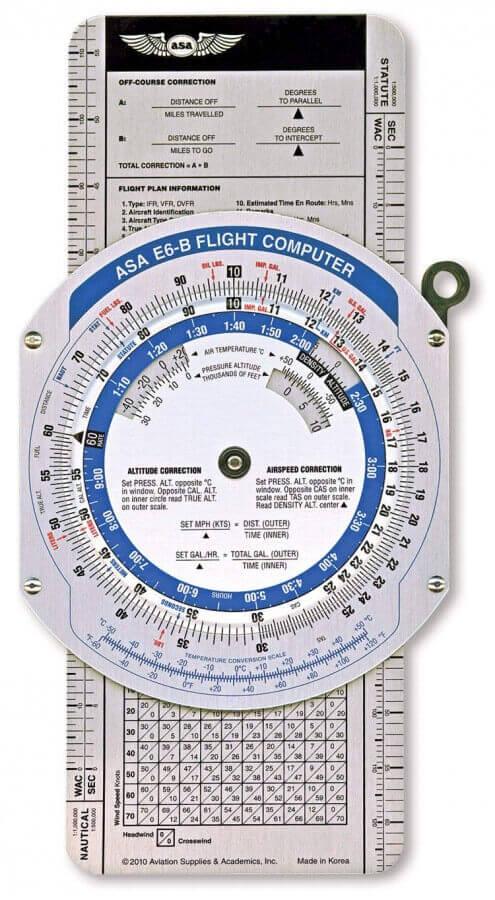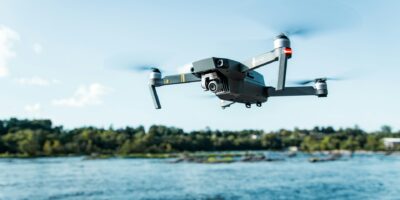DJI Pro: A Comprehensive Guide
DJI Pro: A Comprehensive Guide
DJI has become synonymous with high-quality drones, especially for professional use. The DJI Pro series elevates this to a new level.

The Evolution of DJI Pro Drones
DJI started with consumer drones, but quickly saw the potential in professional applications. The progression from the Phantom series to the Inspire series marked significant technological advancements. The Inspire 1 in 2014 brought a 4K camera and a 360-degree rotating gimbal.
The Inspire 2, released in 2016, advanced these features. It included dual batteries for longer flight times and a top speed of 58 mph. The introduction of raw video capture and dual operator flight capabilities highlighted its professional focus.
The DJI Pro Ecosystem
DJI’s professional ecosystem extends beyond drones. The company offers various accessories and software that enhance functionality and usability. This includes gimbals, cameras, and transmission systems. These tools are designed to integrate seamlessly with DJI Pro drones.
DJI Ronin Series
For filmmakers, the Ronin series gimbals provide stability and flexibility. They are suitable for both hand-held and mounted use. The Ronin-SC is lightweight and ideal for mirrorless cameras. The Ronin 2 is more robust, supporting heavier setups.
DJI Cameras
High-resolution cameras are a hallmark of the DJI Pro lineup. The Zenmuse series offers options that cater to different professional needs. The Zenmuse X7, for example, features a Super 35 sensor and 6K CinemaDNG recording. This opens up possibilities for high-end cinematic projects.
Key Features of DJI Pro Drones
Advanced Imaging Capabilities
Enhanced camera systems and gimbals mean DJI Pro drones deliver unmatched image quality. The Inspire 2, paired with the Zenmuse X7, provides filmmakers with cinema-grade footage. In agriculture, the multispectral cameras on the Phantom 4 RTK capture precise data for crop management.
Flight Performance
Professional drones demand superior flight performance. DJI Pro models can handle challenging environments. They offer long flight times, high speeds, and stability in adverse conditions. The Matrice series, built for industrial use, excels in harsh weather and complex tasks.
- Matrice 300 RTK – Over 55 minutes of flight time and advanced obstacle sensing.
- Inspire 2 – Dual battery system and a maximum speed of 58 mph.
Data Management
Efficient data management is crucial in professional settings. DJI Pro drones integrate with software like DJI Terra and DJI FlightHub. These platforms facilitate data collection, processing, and management. This is particularly beneficial for surveying, mapping, and inspection tasks.
Safety and Redundancy
Safety features ensure that drones can be relied upon in critical applications. DJI builds redundancy into their professional drones. Dual IMUs, batteries, and sensors provide fail-safes. The DJI AirSense system alerts pilots to nearby aircraft, enhancing airspace safety.
Popular Uses of DJI Pro Drones
Filmmaking and Media Production
The film industry was among the first to recognize the potential of drones. DJI Pro drones offer directors and cinematographers aerial perspectives previously unattainable. The Inspire 2 is a common choice for high-budget productions.
Independent filmmakers also benefit. The combination of portability and high-quality footage democratizes aerial cinematography.
Inspection and Surveying
Industries like oil and gas, utilities, and construction use DJI Pro drones for inspections. These drones provide real-time data for maintenance and safety checks. The Matrice 300 RTK, with its long flight time and robust build, is ideal for such tasks.
Surveyors utilize drones for creating accurate maps and 3D models. The Phantom 4 RTK’s precision makes it a valuable tool for surveying large tracts of land.
Agriculture
Precision agriculture benefits significantly from drone technology. DJI’s agricultural drones, such as the Agras series, help monitor crop health. These drones can also be used for spraying pesticides and fertilizers.
Multispectral imaging capabilities assist farmers in analyzing field conditions. This leads to better decision-making and resource allocation.
Public Safety
Public safety agencies deploy DJI Pro drones in various scenarios. From search and rescue operations to disaster response, drones provide a critical aerial view. Thermal imaging cameras on drones like the Matrice series help locate individuals in challenging environments.
Police departments use drones for monitoring large events and gathering evidence. Firefighters utilize thermal cameras to assess fire spread and locate hotspots.
Challenges and Considerations
While DJI Pro drones offer numerous advantages, they are not without challenges. Regulatory hurdles are a significant concern. Operators must comply with local aviation regulations. In some regions, this includes obtaining special permits or licenses.
Training and Skill Development
Professional drone operation requires a certain level of skill and training. DJI offers training programs and certifications. These help users understand best practices and legal requirements. It’s essential for operators to be well-versed in both technical and safety aspects.
Cost
Another consideration is cost. Professional drones are a significant investment. The initial purchase price can be high, and additional costs for maintenance and accessories should be factored in. However, the return on investment can be substantial, given the efficiencies and capabilities these drones provide.
Future Trends in DJI Pro Drones
The future of professional drones looks promising. DJI continues to push the envelope in terms of technology and application.
Autonomy
Autonomous capabilities are likely to expand. Advances in AI and machine learning will enable drones to perform tasks with minimal human intervention. This could revolutionize sectors like agriculture and public safety.
Integration with IoT
Integration with the Internet of Things (IoT) is another trend. This would allow drones to be part of a broader ecosystem of connected devices. In smart cities, drones could work alongside other technologies for tasks like traffic management and infrastructure monitoring.
Improved Sensors and Data Processing
Developments in sensor technology will enhance data collection and processing. Higher resolution cameras, improved thermal sensors, and more sensitive multispectral imaging will provide even more detailed insights.
Environmental Impact
As the focus on sustainability grows, the environmental impact of drone operations will come under scrutiny. Future DJI Pro drones may incorporate more eco-friendly technologies. This could include advances in battery efficiency and the use of sustainable materials.
Conclusion
DJI Pro drones have set the standard for professional applications. Their advanced capabilities and diverse use cases make them invaluable tools in various industries. As technology evolves, DJI will likely continue to innovate, offering even more advanced solutions to meet the growing demands of professionals. Understanding the features, applications, and considerations of DJI Pro drones helps professionals make informed decisions and effectively leverage these powerful tools.


